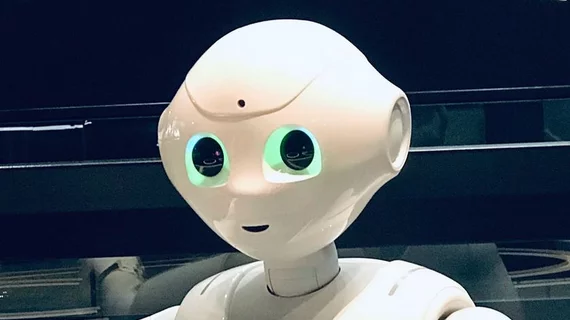New $100M kid on the minimally invasive block
A Silicon Valley maker of surgical robots is launching a venture capital arm to invest in future leaders of minimally invasive care. Inaugural ante: $100 million.
Intuitive Surgical—the outfit best known for its da Vinci system—says Intuitive Ventures will concentrate on accelerating R&D for digital tools, precision diagnostics, focal therapeutics and platform technologies.
Its monies will also support independent innovators working to broaden the field of minimally invasive care.
“The future of minimally invasive care spans the patient journey from early diagnosis to treatment and beyond,” Julian Nikolchev, president of the new investment firm, says in an announcement.
Oliver Keown, MD, joined Intuitive to co-found the fund last year and is now serving as its director.
“We are value-add investors who leverage access to Intuitive’s unique industry expertise and customer connections,” says Keown, who previously worked as an investor at GE Ventures. “Our nimble structure and alignment with the startups we will back empower us to invest early and support our portfolio companies as they pioneer markets.’’

